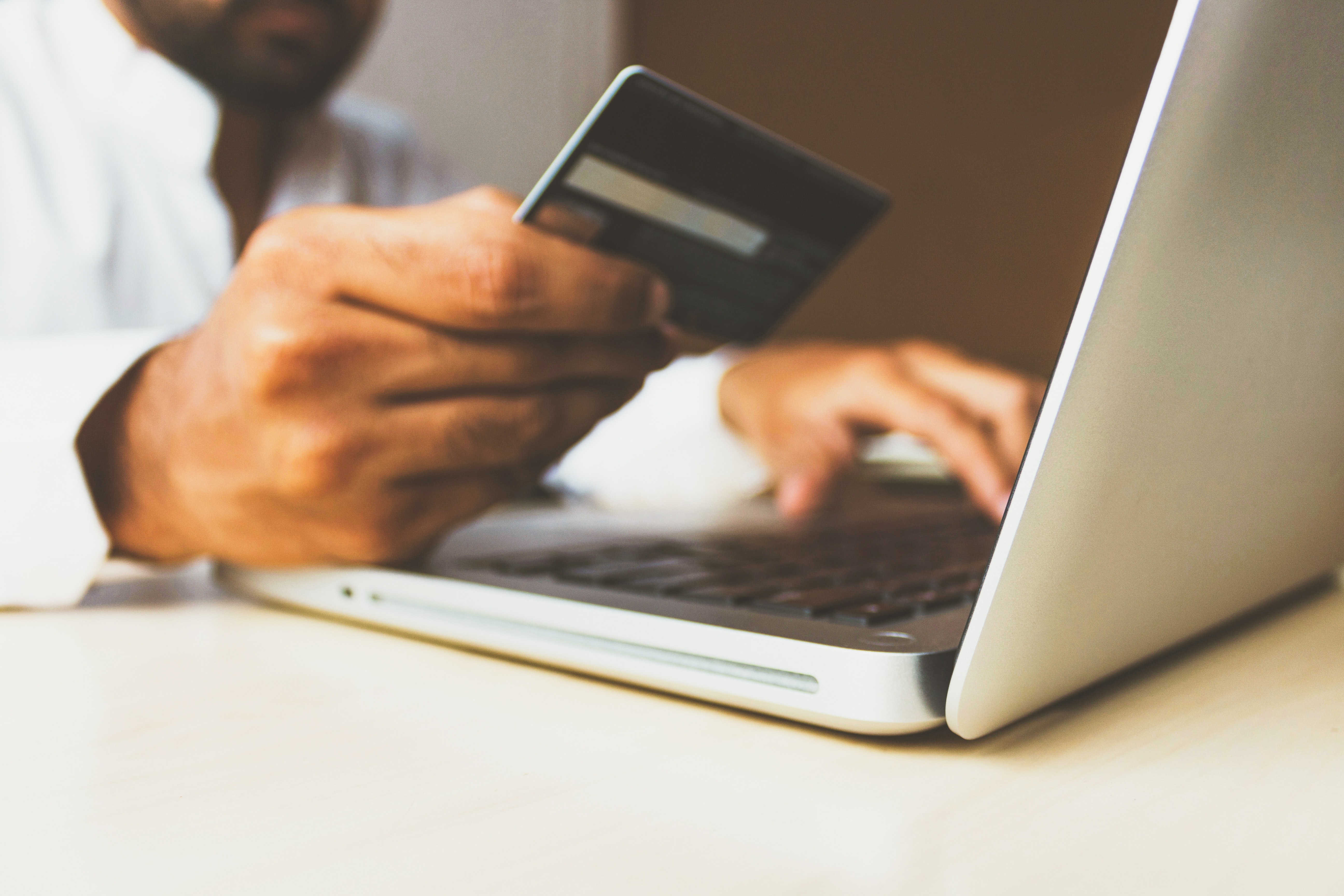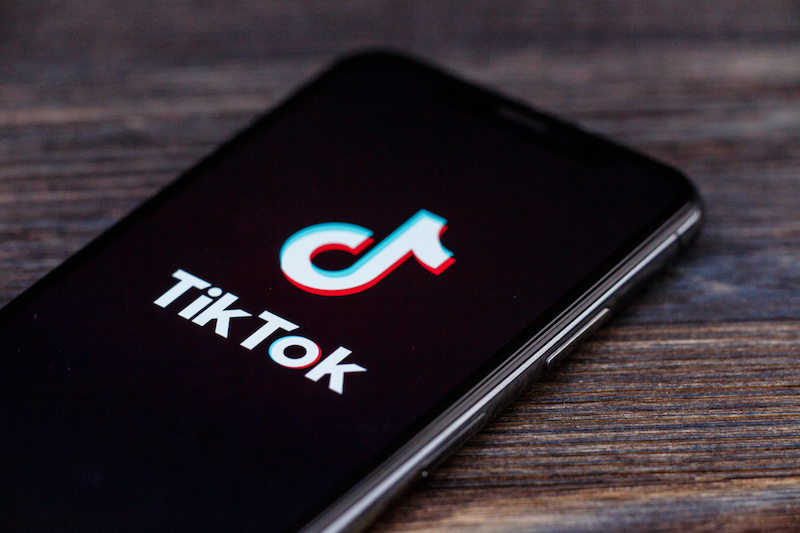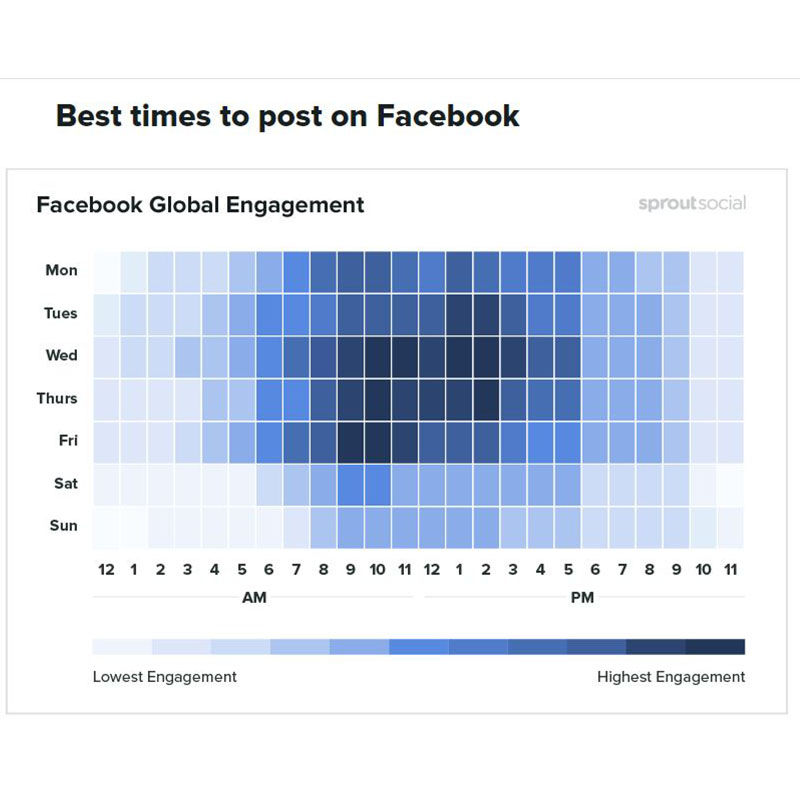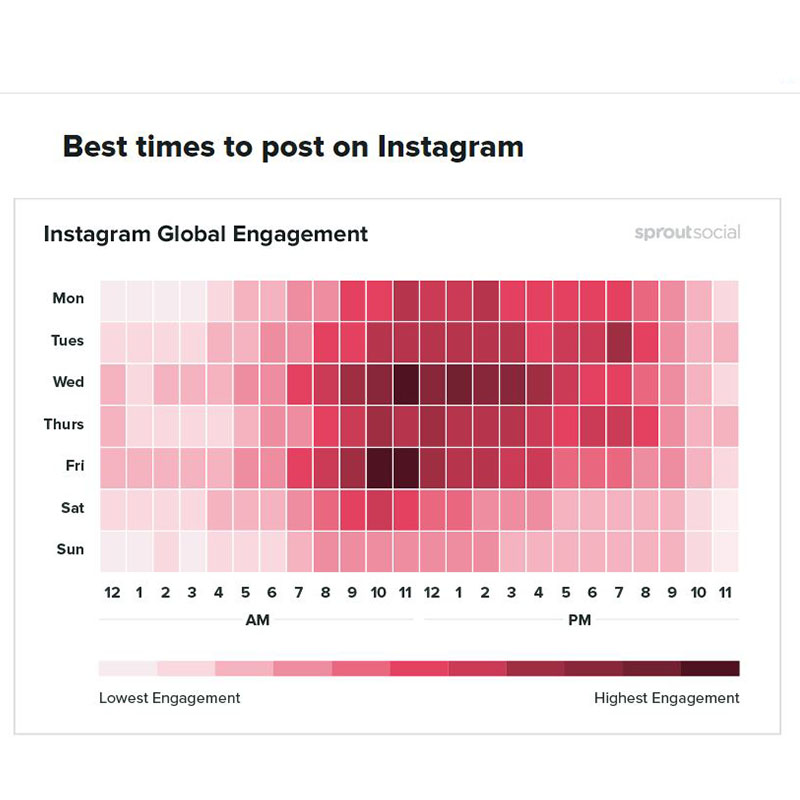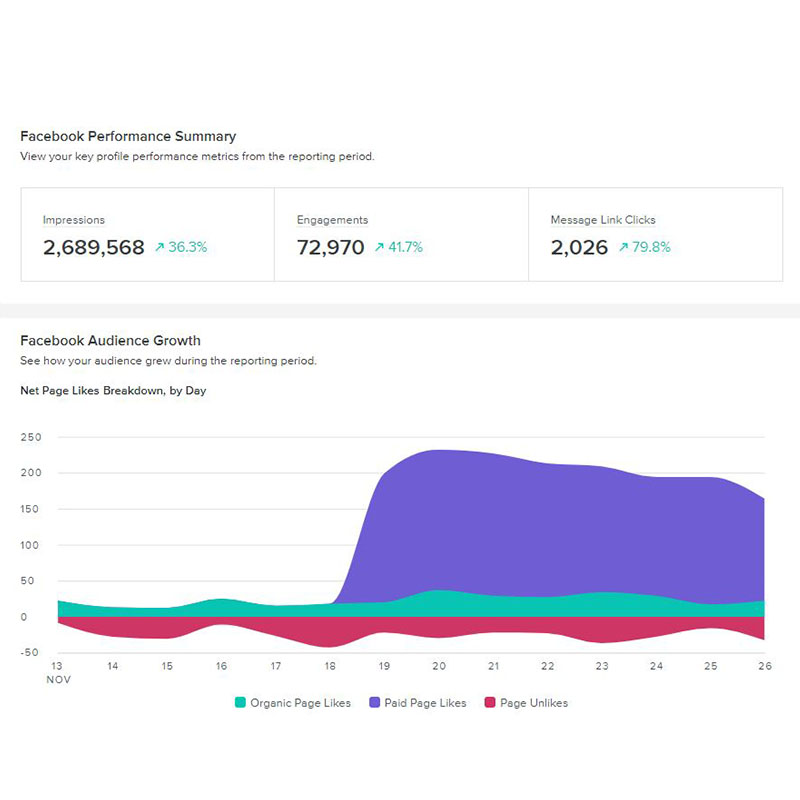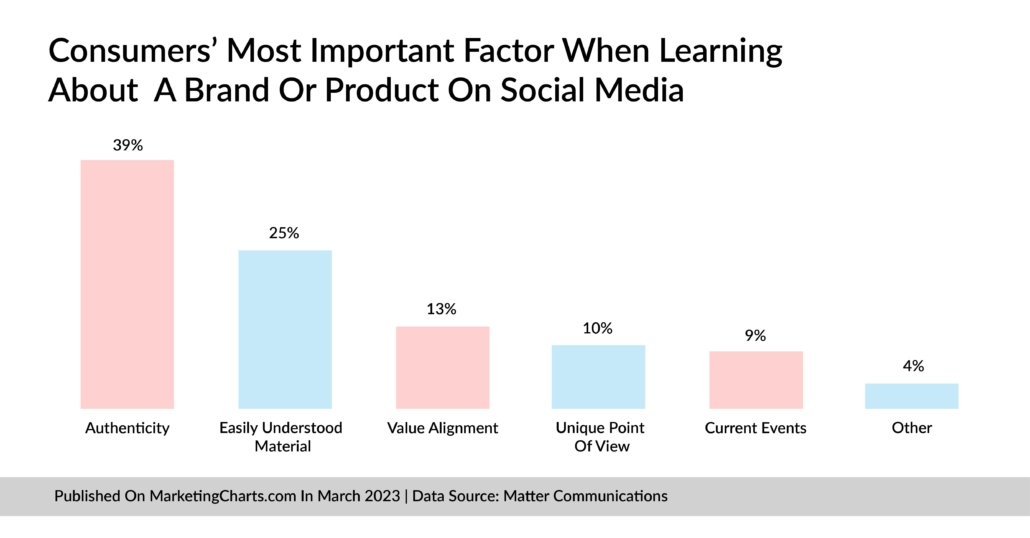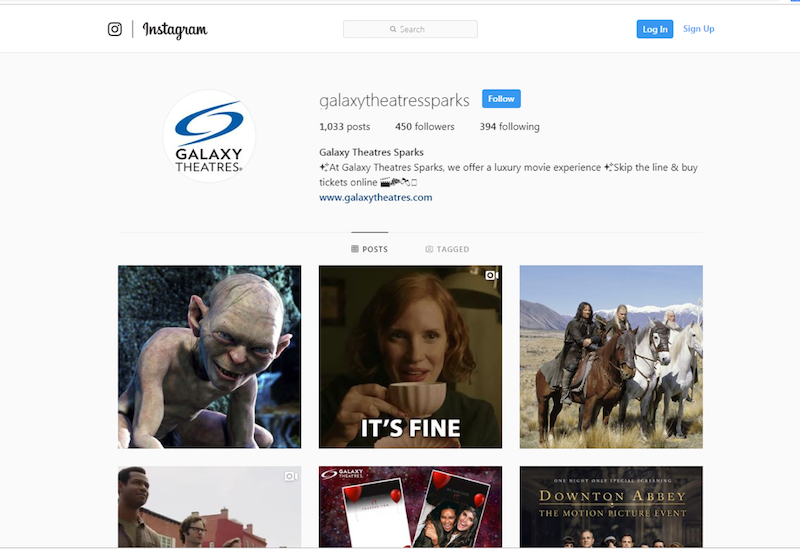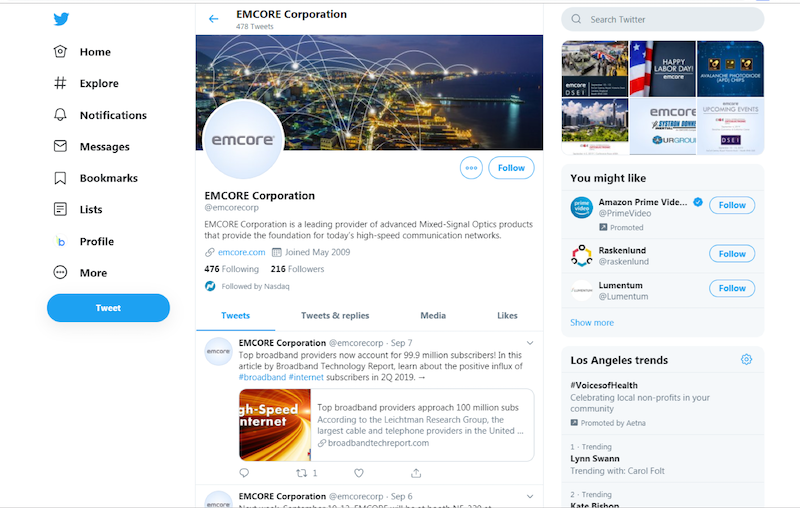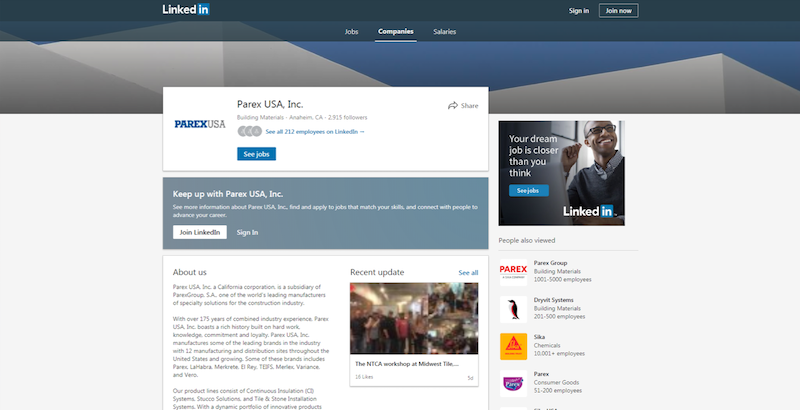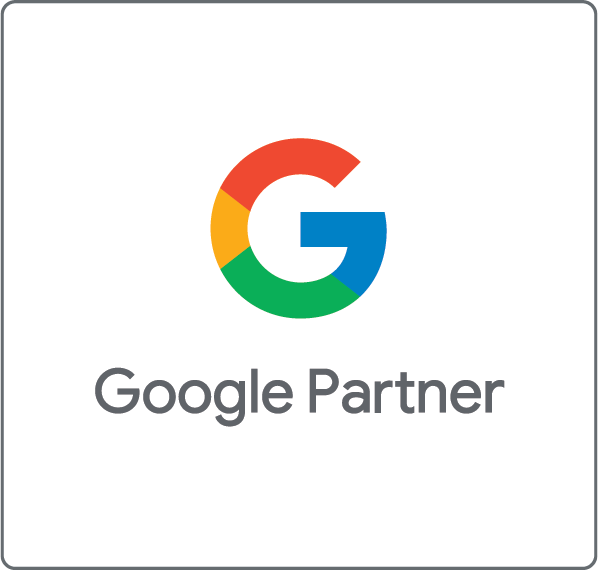How to Use Twitter Trending Topics in Your Marketing Strategy

Many people choose to use Twitter as their main source of news as they have ingrained the habit of waking up in the morning and checking the social media app for all the trending topics of the day. Since Twitter offers communication convenience paired with a visually appealing app design, it’s no wonder this platform has risen to become one of the top-performing social media sites of the century. As a Twitter marketing agency, social media experts here at Bright Age understand just how important it is to follow and strategize the use of trending topics on Twitter. Being informed about the conversations users are having on Twitter and then using this information within your own marketing strategy will help your business stay relevant in the social media loop. Your brand will appear informed, aware, and caring—everything a consumer wants a business they support to be. Keep reading to learn about a few ways your business can use trending topics on Twitter to build a strong social media marketing strategy!
Understand the Conversation
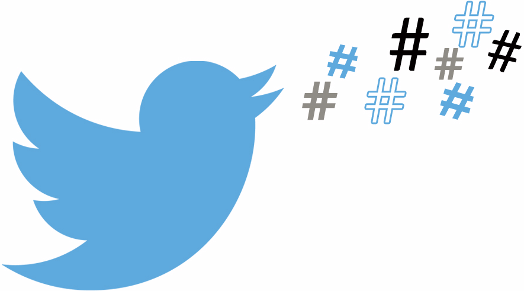
Twitter makes it extremely easy to see what people are talking about. This can come in handy if your business releases a new product or service and you want to find out how people are feeling about it. You can do a quick search by typing in a few keywords describing the tweets you want to see. This is one of the most useful features offered on Twitter because it automatically sorts through millions of tweets to show you exactly what you’re looking for. This information can then be used to help you better understand the conversation circulating around your products or services, so you know what to keep doing or improve on.
Use Hashtags When Relevant
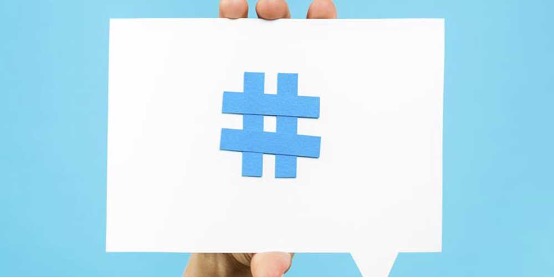
Remaining true to brand values is essential in maintaining a successful business in the public eye. On Twitter, everything is public to your consumer base, and even deleted content can resurface, so only post content that is relevant to your brand image and be sure that it promotes your business in a positive light. As mentioned earlier, the search feature can be your best friend. You can search for trending topics or get more specific to search for particular keywords to understand the general conversation about anything you want to know. Then, you can get involved by using hashtags related to these topics. It’s obvious when brands use random, trending hashtags just to gain visibility, so be careful when deciding which conversations to join in on.
Take Advantage of Promoted Trends
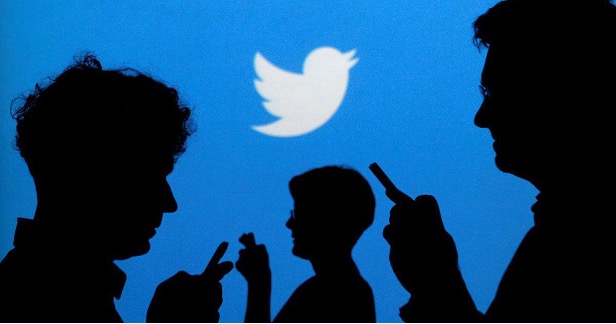
If your business is willing to dish out some money to advertise on Twitter, Promoted Trends are the way to go. Promoted Trends can help brands gain visibility when releasing a new product or service as they are directed toward specific audiences that have shown interest in related businesses and categories. Also, you won’t have to worry about competing with any other businesses because of Twitter’s exclusivity policy which states that only one client per country can advertise using Promoted Trends for 24 hours. This gives users plenty of time to see the trend appear in their feed, click on the trend, and become familiar with your brand. All in all, social media experts here at Bright Age, a leading Los Angeles-based Twitter marketing agency, hope you have gained some insightful strategies for using trending topics on Twitter to your advantage. Implementing trending Twitter topics into your social media marketing strategy can be especially beneficial for your business because it will make you appear informed and aware of current trends to your consumer base. Consumers are attracted to businesses who hold true to their original brand values and showcase themselves in a positive light, so make sure to join in on conversations relevant to your business. If you have any questions about building a successful Twitter marketing strategy, feel free to contact us!

 Forgetting Your Audience
Forgetting Your Audience

